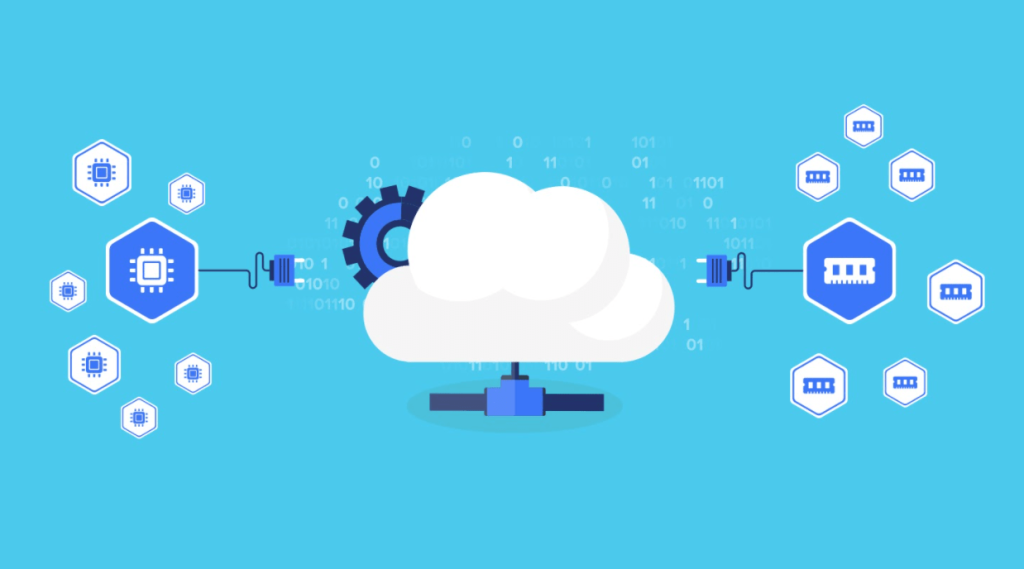Self-managed VPS, cloud VPS, and unmanaged VPS are some of the names given to Linux cloud servers, depending on marketing trends at the moment. It’s a platform as a service (PaaS) that’s often built on top of highly available infrastructure for maximum speed and uptime. What distinguishes cloud server hosting from managed VPS hosting is the following:
- Server administration software such as cPanel with WebHost Manager is unavailable.
- Freedom to install any Linux operating system according to personal preferences.
- Due to the intricacy of each server environment, there is no free technical assistance.
Aside from the hardware, virtualization, and the base OS installation that are maintained by the web hosting provider, everything else is up to you for maintenance such as the examples below.
- Operating system setup.
- Disaster recovery with backups and snapshots (DR)
- Customizing and choosing a web server (e.g. Apache, Nginx, Lighttpg).
- System security such as firewall, antivirus (AV) scanner, and distributed denial of service (DDoS) protection.
- Benchmarking performance with server analytics and log analysis.
This necessitates a thorough understanding of the Linux command-line interface, or a desire to learn it (CLI). Because of this, consumers who are prepared to address their own problems should utilize basic cloud servers. Those who are able the skills regarding it:
- Have better customization and more control over system resources.
- Save cost due to not needing to pay for technical assistance or software licenses.
It’s also worth mentioning VPC (virtual private cloud) hosting. The distinctions between a VPS and VPC are minor, yet they are significant for specific use cases:
- Flexibility in resource allocation to meet peak demand.
- Instead of paying weekly/monthly subscriptions, you pay per usage in seconds/hours that the server is active.
VPCs are popular among system administrators (sysadmins) and developers because of their low cost of intermittent testing.


